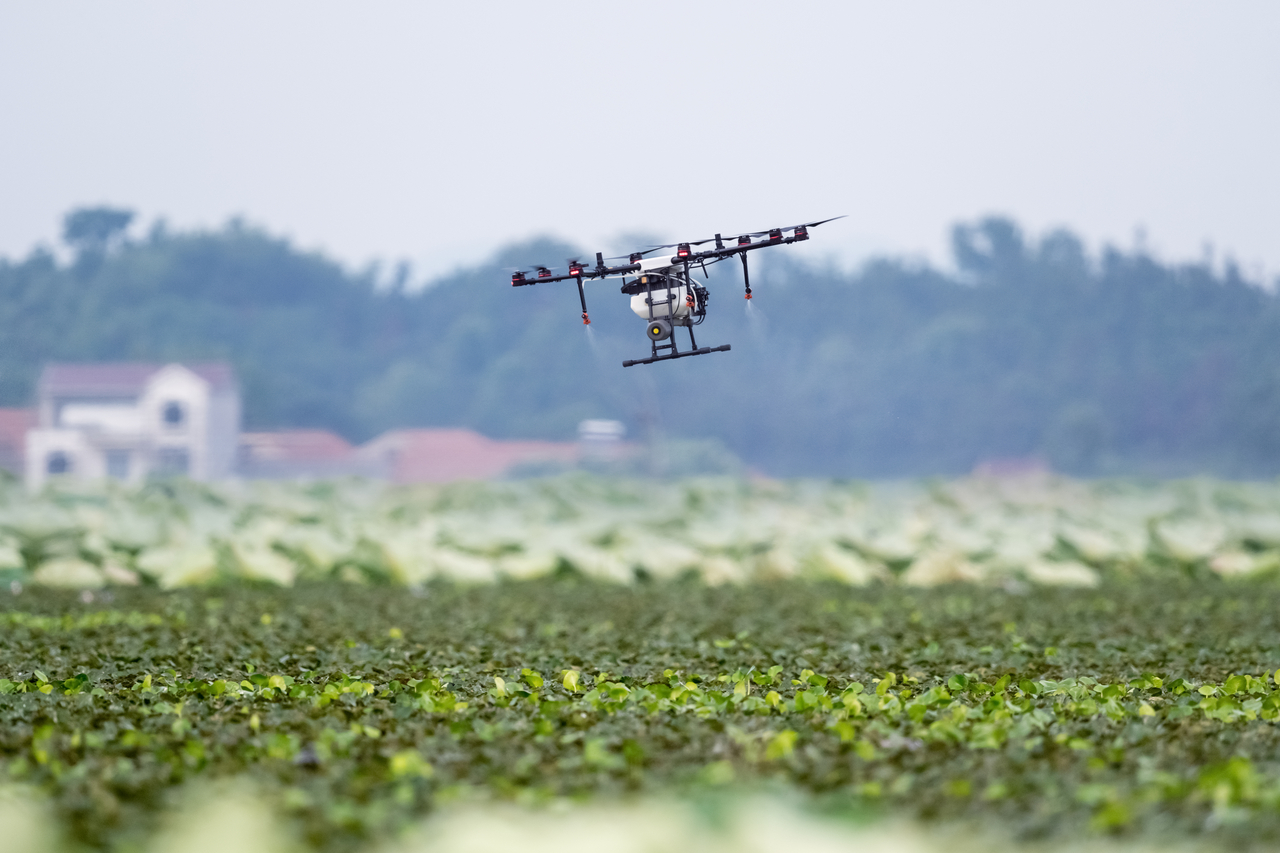NESTLER is a joint project between the EU and African member states designed to promote One-Health sustainable partnership. The project aims to bring together interdisciplinary technological advances to effectively monitor the well-being of animals, plants, and humans in a holistic approach. The complementarity between the stakeholders is extended upon the ongoing initiatives from FARM2FORK strategies that have resulted in integrated software systems and solutions.
Technical Approach
The novelty of the NESTLER project lies in the development and integration of advanced technologies. The NESTLER platform develops software interfaces for ingesting satellite data sources along with video streams captured from unmanned aerial vehicles and other IoT devices installed for monitoring the environmental and animal well-being. The large-volume of data ingested into the platform is subjected to additional processing for the extraction of intuitive insights with the assistance of ML and AI algorithms. Remote sensing technologies and GIS systems are developed to conduct environmental surveillance on large-scale areas. The extracted insights are translated into predictive models affecting One-Health sustainability program.

NESTLER also undertakes research activities to investigate the impact of insect protein on the circular economy for the well-being of animals. Moreover, methodologies are developed for edible insect farming to feed farmed animals. Research studies are conducted on the impact of animal waste in crop-based farming. In complementary to the analysis of health benefits, the project evaluates the economic sustainability of such farming practices which lead to the setup to joint EU-Africa joint task force on One-Health Sustainability. NESTLER results are associated to the transition from a linear economy to a circular economy delivering sustained growth.

In a nutshell
Smart farming sensors
- IoT sensors monitor environmental parameters
- Safe wearable devices among livestock observe the well-being of animals
- Hardware devices measure crop quality
Remote sensing technologies
- Detection and mapping of predictive epidemiological outbreaks
- Preventing pest infestation in crop cultivation
- Ingesting satellite data sources along with data streams captured from UAV and other IoT devices
Crop quality assessment and pest control management
- Advanced AI models in complex heterogeneous data for yield quality estimation and livestock disease detection
- Analysis for food security against pest infestation outbreaks
- Risk assessment methodologies that adversely affect the produce quality
- Predictive analytics on forecasting environmental, weather and climate conditions
Integrated cloud-edge digital platform
- Integrate heterogeneous data formats
- Leverage advanced technologies to improve food security and safety
- Visualization dashboard integrated with GIS system presents intuitive information for end user
Insect protein production technology on the circular economy
- Key research studies on the impact and role of insect protein for security food safety as well as human health
- Evaluation and promotion of benefits of insects mass production towards environmental benefits
One-health EU-Africa policy framework
- Knowledge repository on the historical case-studies
- Economic impact assessment from environmental, weather and climate models
- Setup knowledge transfer center to stimulate dialogue between EU-Africa
